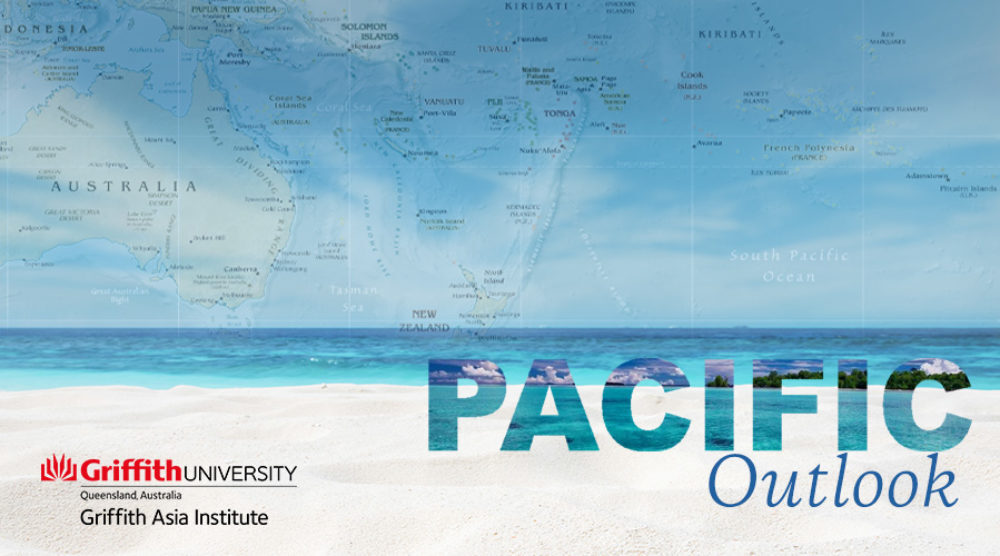TESS NEWTON CAIN |
Our thoughts and best wishes are with the people of Tonga at this time.
Tonga rocked by volcanic explosion and tsunami
The Kingdom of Tonga remains cut off from the rest of the world following a huge volcanic explosion on Saturday evening. The impacts of the eruption and the tsunami that followed were felt across the globe.
The undersea fibre optic cable that carries Tonga’s communications capacity has been broken in two places and it could be weeks before it can be repaired. There are unconfirmed reports of three fatalities. However, there has still been no word from some of the outer islands, particularly in the Ha’apai region. Reports from the main island of Tongatapu indicate that there has been serious damage to infrastructure.
The government of Tonga has declared a State of Emergency. The governments of Australia and New Zealand have each promised to assist the government of Tonga if and when requests are received. Other countries such as Israel and China have also pledged aid and financial assistance.
Fiji Prime Minister hospitalised in Australia
Fiji’s Prime Minister, Josaiah Voreqe Bainimarama, is recovering in hospital in Melbourne after undergoing major heart surgery. This was revealed by the Attorney-General and acting PM, Aiyaz Sayed-Khaiyum, in a media conference at the weekend. It comes further to a great deal of speculation as to the state of the PM’s health after he failed to visit areas of Fiji affected by Tropical Cyclone Cody.
The Attorney-General informed the Fijian media that the Prime Minister is recovering well and will be back at work in March.
The apparent secrecy around the PM’s whereabouts and health status has been criticised by the leader of the People’s Alliance Party, Sitiveni Rabuka. It comes at a critical juncture as Fiji heads to elections later this year. It also highlights the lack of succession planning in the ranks of the Fiji First party should Bainimarama step away from the leadership.
Pacific Islands Forum Leaders’ meeting delayed
Unsurprisingly, the meeting of Pacific Islands Forum Leaders that was scheduled for February has been delayed. It is now expected to be held during April. This decision comes as the number of COVID-19 infections in Fiji continues to rise, with the Omicron variant now established in the community.
The February meeting was intended to be an in-person event. It was the last best chance to persuade the Micronesian countries (Federated States of Micronesia, Kiribati, Nauru, Palau and the Republic of Marshall Islands) to remain within the PIF. They announced that they would withdraw when their preferred candidate for the position of Secretary-General was rejected in early 2021. The twelve-month notice period of their notification to quit is close to its expiry.
Whilst there has been much back-channel diplomacy and efforts to convince the Micronesians to remain within the fold, there has been very little evidence that this has been effective.
European Union takes aim at Vanuatu’s passport sales schemes
The EU has tabled a proposal to partially suspend visa-free entry for holders of Vanuatu passports issued since 2015. This comes after several warnings to the Vanuatu authorities about the processes that are used to vet applicants to citizenship by investment schemes.
The Vanuatu government has convened a task force to work with the EU to see off this threat to what has become a huge revenue earner for the country. In the final quarter of last year, receipts from the schemes amounted to 35% of revenue collected. The availability of visa-free entry to Europe is considered to be part of the appeal of holding a Vanuatu passport.
The EU’s move has drawn criticism from supporters of the schemes who argue that there are other programs of this type that operate elsewhere in the world that are much more problematic than the ones that Vanuatu runs.
Tess Newton Cain is an Adjunct Associate Professor at the Griffith Asia Institute and project lead of the Pacific Hub.








